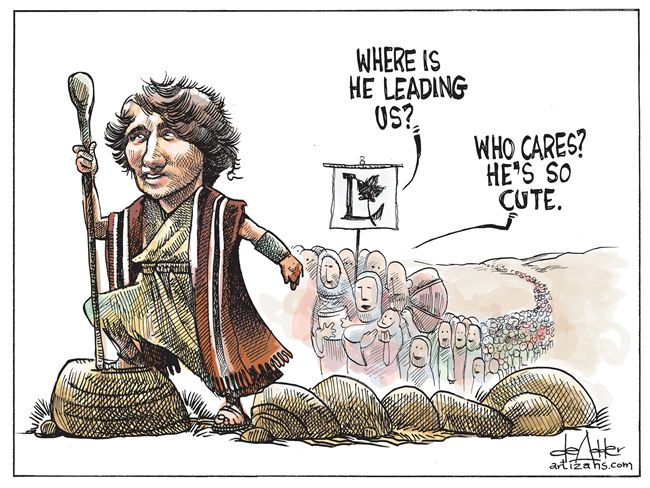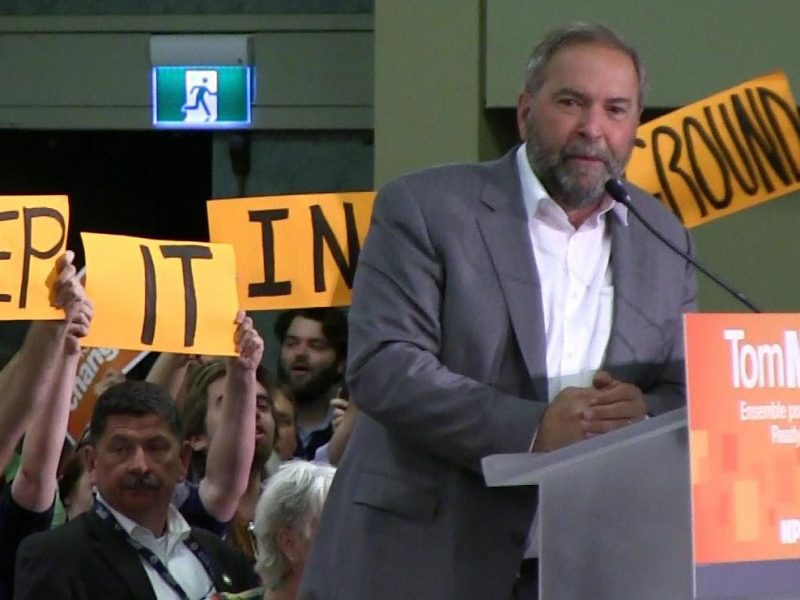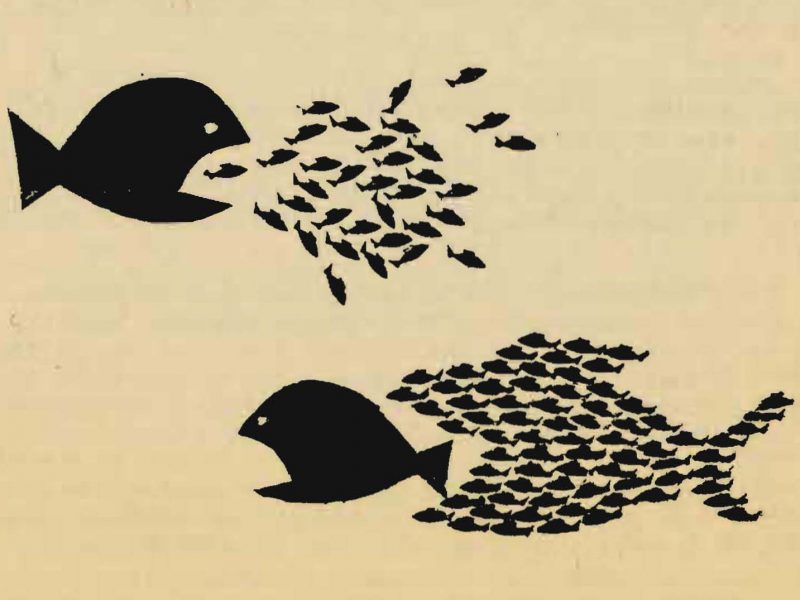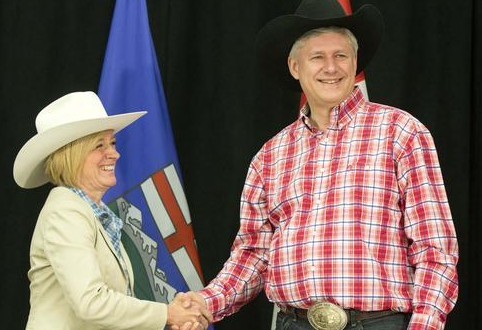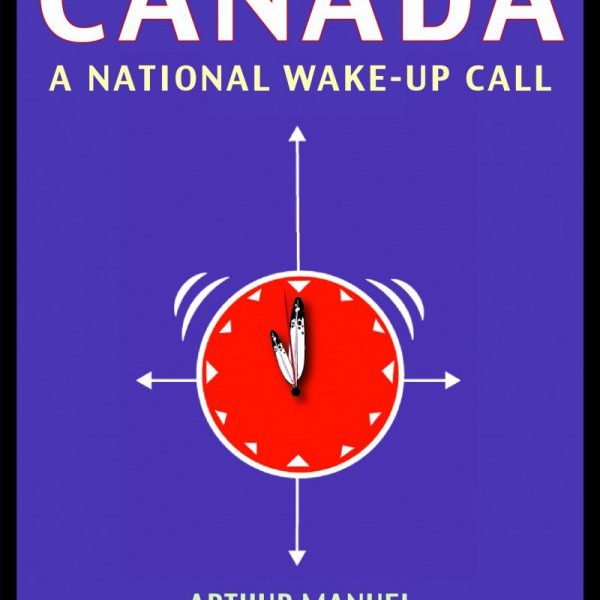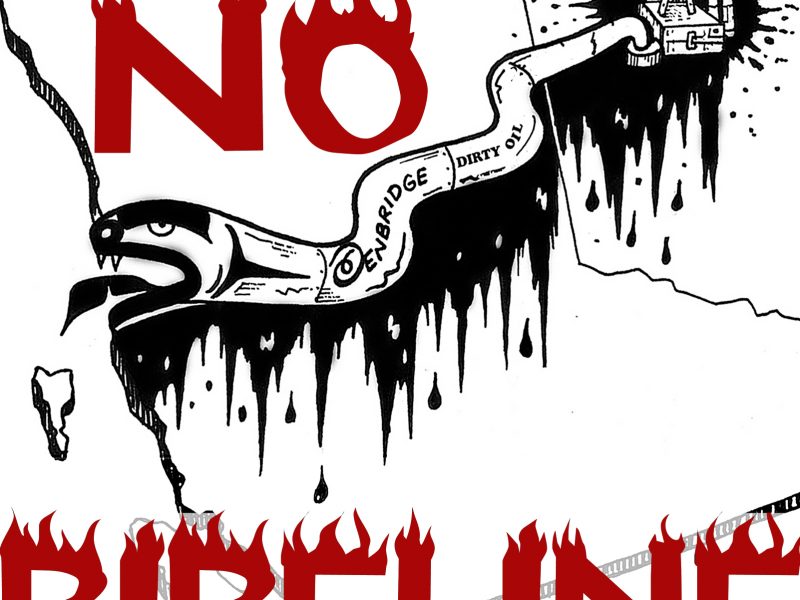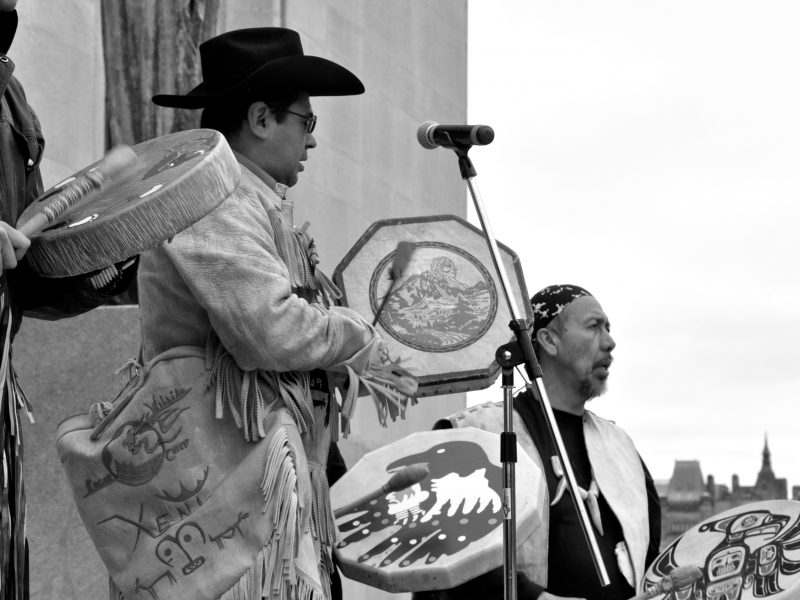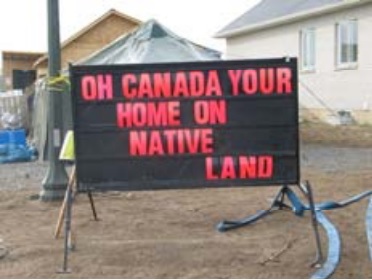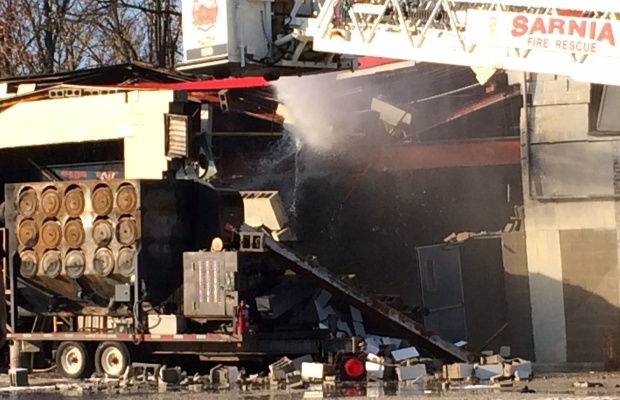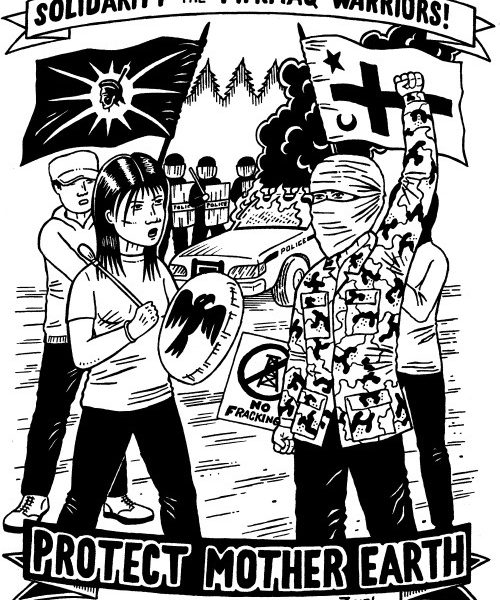By James Cairns
On October 22, Corporal Nathan Cirillo was shot and killed in front of the War Memorial in Ottawa. Since then, his life as a soldier in the Canadian military has been celebrated in Parliament, in schools, in National Hockey League arenas, and in endless media coverage.
Three days after the death of Cirillo, an explosion at an industrial plant in Veolia, Ontario seriously injured five workers. One of the workers has since died. But the body of the dead Veolia worker will not be paraded past cheering crowds on the so-called “Highway of Heroes.” There will not be tributes for him in Parliament. The Veolia explosion has hardly been discussed in the media.
